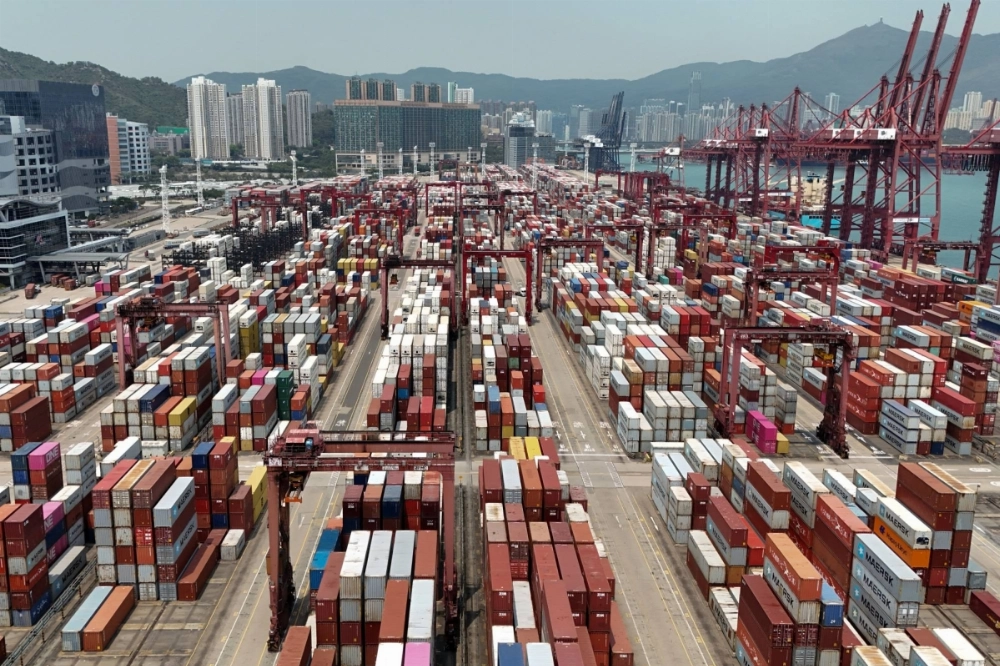East Asian economies are scrambling for solutions as new U.S. tariffs are being implemented, roiling markets globally and potentially threatening growth and stability in the region.
U.S. President Donald Trump last week announced a raft of tariffs, with almost every country affected. Some of the duties went into effect on Saturday and others, the highest of them, are effective Wednesday.
The 225-issue Nikkei stock average fell more than 5% in the two days after the new levies were announced last week and almost 8% on Monday. Circuit breakers were triggered in the morning on the futures markets as Nikkei 225 and Topix index futures products fell too fast, and a 10-minute break in trading was called.

















With your current subscription plan you can comment on stories. However, before writing your first comment, please create a display name in the Profile section of your subscriber account page.